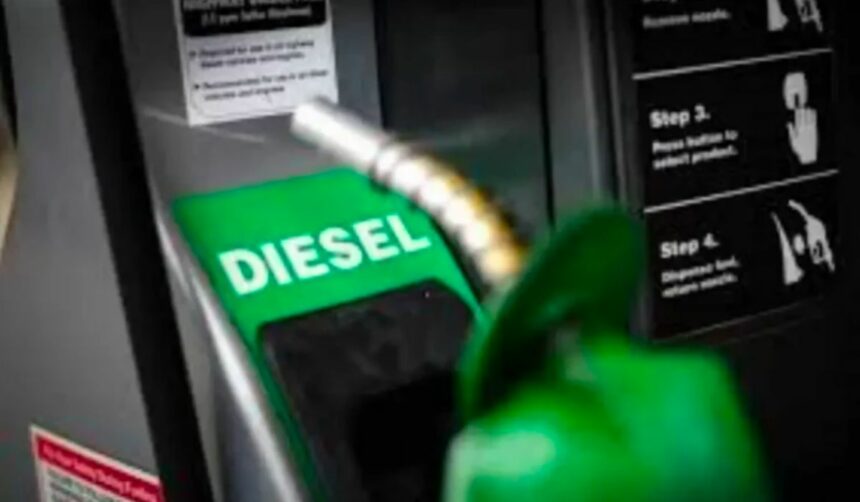Surging beyond N1,700 per litre, the spike in diesel prices is inflicting severe challenges on Nigerian businesses already grappling with persistent power outages.
With the national power grid’s unreliable supply, companies across Nigeria heavily rely on diesel-powered generators to sustain operations.
However, the exorbitant diesel prices have rendered this alternative energy source unsustainable for many businesses.
Observations along Ikorodu Road, Lagos, revealed diesel prices ranging from N1,690 to N1,710 per litre at various filling stations, including Conoil, AP, and MRS.
In Abuja, prices fluctuated between N1,500 and N1,710 per litre at filling stations along Katampe Road, with variations at 11Plc, Enyo, Mobil, Fairmout, NNPC, and Garki.
Filling station manager Kayode Olaniyi attributed the price hike to challenges faced by marketers in accessing the product from depots.
The spokesperson for the Independent Petroleum Marketers Association of Nigeria in Borno State, Abdulkadir Mustapha, highlighted concerns about exchange rates impacting importers, potentially leading to further increases.
A commercial diesel supplier in Lagos, mentioned rising costs in purchasing and distributing diesel, noting a significant price increase within a week.
The repercussions on businesses are dire, with business owners expressing how the exorbitant diesel prices hinder business planning and deter potential investors, pushing many businesses to the brink of collapse.
An anonymous official from the Manufacturers Association of Nigeria termed the diesel price hike a “serious problem” for manufacturers, urging government intervention.
Segun Kuti-George, national vice president of the Nigerian Association of Small-Scale Industrialists, expressed concern over the threat posed by the high cost of diesel to businesses, predicting potential closures.
Nigeria’s electricity crisis further exacerbates the situation, with gas suppliers reducing or halting supplies due to the indebtedness of power-generating companies to gas producers.
Adebayo Adelabu, the Minister of Power, disclosed that the decline in power generation since January is attributed to gas suppliers discontinuing services due to the sector’s indebtedness to gas producers.
Nigeria, heavily dependent on thermal power plants fueled by gas, faces challenges in electricity generation.
Ed Ubong, director at Decade of Gas Secretariat, acknowledged the government’s effort in clearing $120 million of the $1.3 billion gas debts, offering a glimmer of hope amid the energy crisis.










